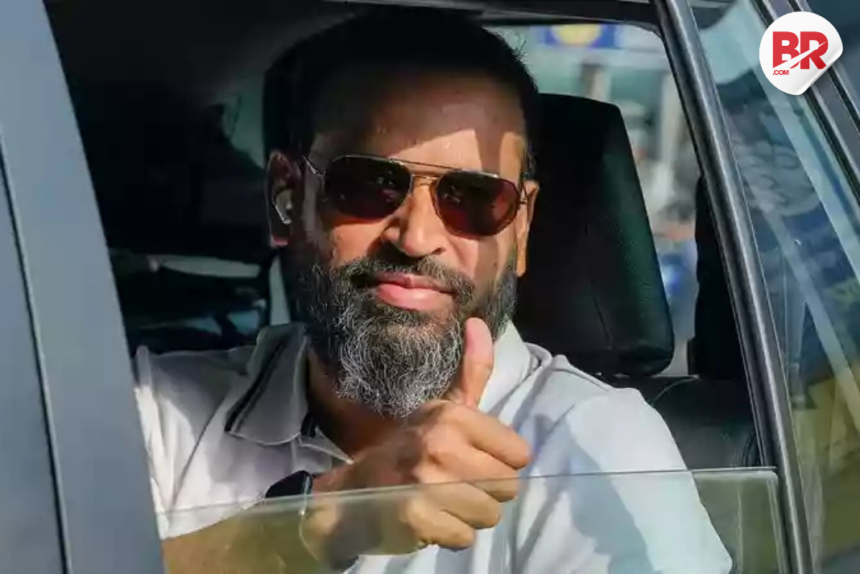The Trinamool Congress (TMC) has withdrawn its MP Yusuf Pathan from the Indian government’s global outreach program, Operation Sindoor. The program is an all-party parliamentary delegation visiting 30 countries to expose Pakistan’s support for terrorism.
But the TMC says it was never consulted before Pathan’s name was included. This caused the party to pull him out, raising fresh questions about cooperation between the ruling BJP-led government and opposition parties.
What Happened?
Yusuf Pathan was named by the Union Government to be part of the ‘Operation Sindoor’ delegation. However, TMC leaders quickly objected.
According to Abhishek Banerjee, TMC’s National General Secretary, the BJP-led government did not discuss this choice with them. He said, “How can the Union Government decide on the representative of Trinamool? They should have held discussions with the opposition to decide which representative a party will send.” Without this consultation, the TMC pulled Pathan out.
For the average Indian, this sounds like politics interfering with a serious national mission. The question is, why can’t all parties come together when the subject is terrorism and national security?
The TMC’s move hints at deeper distrust between the government and opposition, even during sensitive matters like Operation Sindoor.
Also Read India’s New Plan to Attract Foreign Investors May Boost the Economy Slowly but Surely
Operation Sindoor: A Quick Recap
Launched on May 7, Operation Sindoor targets terrorist camps in Pakistan and Pakistan-occupied Jammu and Kashmir. Over 100 terrorists from groups like Jaish-e-Mohammed, Lashkar-e-Taiba, and Hizbul Mujahideen have been eliminated.
The Indian Armed Forces also carried out precision airstrikes on Pakistani military infrastructure.
To spread the message worldwide, the government launched a global outreach called “One Mission, One Message, One Bharat.” This campaign sends all-party parliamentary delegations to 30 partner nations to expose Pakistan’s role in harboring terrorists and highlight India’s tough stance on terrorism.
The backdrop: The April 22 Pahalgam terror attack killed 26 people and shocked the nation. Operation Sindoor and its diplomatic push aim to ensure the world knows who is responsible—and that India will not tolerate terror.
Also Read Malviya Hints at ‘Insecurity’—Is Congress Tired of Being Outshone by Tharoor?
TMC’s Stand: Support for the Nation, Frustration with BJP
Despite withdrawing Yusuf Pathan, TMC sources told the Indian Express that the party backs the Indian Armed Forces and national interests fully.
“We believe that the nation is above all,” they said. They pledged support to the Union government’s efforts to protect India. Yet, they insisted that foreign policy and such delegations must involve party consultations.
It’s like being invited to a group project but finding out someone already chose your role without asking. You want to play your part but need respect and proper talks first.
The TMC’s withdrawal highlights a problem: unity in tackling terrorism is key, but politics is still playing spoilsport. For India’s global messaging on terrorism to succeed, all parties must trust each other and work together.
Otherwise, even the sharpest operation like Sindoor risks being overshadowed by domestic squabbles.
For now, Yusuf Pathan’s exit leaves a gap in the delegation. The government must rethink how it involves opposition parties. And the opposition must balance political concerns with the bigger picture—India’s security and global image.
Also Read Shashi Tharoor Not Included in Congress-Nominated Delegations, Congress Criticizes Government




